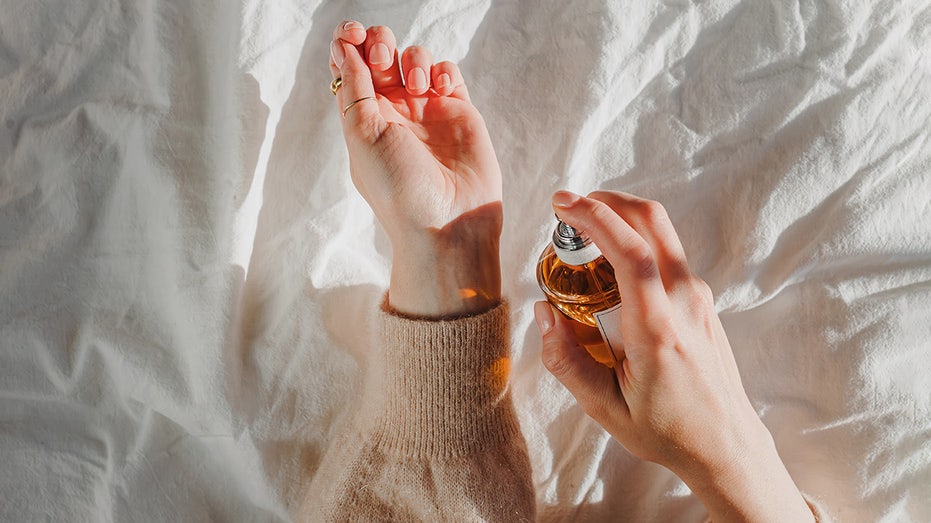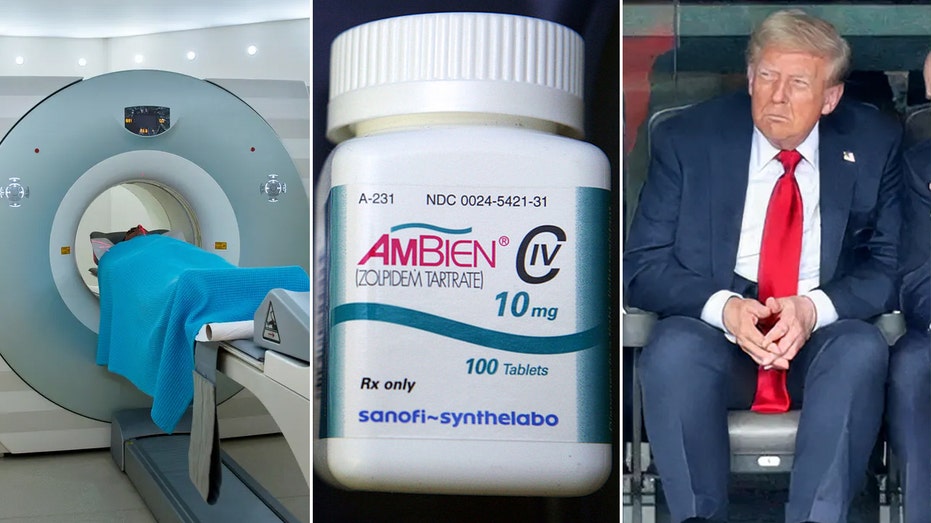Ozempic Users Sniff Out Surprising Craving for Sugary Scents: What’s Behind It?

Sarah Johnson
June 6, 2025
Brief
Ozempic users report unusual cravings for sugary scents, a lesser-known side effect of GLP-1 drugs. Explore this curious trend and its potential causes.
In a curious twist to the already intriguing saga of weight-loss drugs, users of Ozempic and similar GLP-1 medications are reporting an unexpected side effect: a heightened attraction to sugary scents. Yes, folks, it seems that while shedding pounds, some are gaining an olfactory sweet tooth, craving fragrances that smell like caramel or cake batter.
These medications, originally designed to manage diabetes, have skyrocketed in popularity for their weight-loss benefits by mimicking the GLP-1 hormone, which regulates blood sugar and promotes a sense of fullness. However, beyond the well-documented nausea and digestive woes, anecdotal reports on platforms like Reddit reveal a newfound love for perfumes among users. One individual shared losing 80 pounds since starting semaglutide and simultaneously developing a passion for fragrances, while another noted their scent obsession kicked off with their first injection.
Interestingly, the brain regions tied to taste and smell are also key producers of the GLP-1 hormone, which might explain this peculiar phenomenon. While no concrete studies have pinned down a direct link, experts suggest that the drugs' impact on digestion—think reflux or delayed gastric emptying—could alter sensory perceptions, possibly extending to how we smell.
Adding a layer of cultural flavor to this trend, the market for gourmand fragrances—those sweet, dessert-like scents—is booming, projected to surpass $35 billion by 2025. Searches for 'caramel perfume' alone are expected to spike by 42% this year. Coincidence? Perhaps, but it’s a deliciously intriguing overlap.
For now, the connection remains speculative, and medical professionals emphasize that such sensory shifts likely affect only a small subset of users. More research is needed to sniff out the truth behind this unexpected side effect. Until then, if you’re on Ozempic and suddenly find yourself drawn to the scent of sugary treats, know you’re not alone—just don’t be surprised if your next craving isn’t for dessert, but for a spritz of it.
Topics
Editor's Comments
Well, isn’t this a sweet surprise? Ozempic users are literally stopping to smell the roses—or rather, the caramel. If a weight-loss drug can turn you into a perfume connoisseur, what’s next? A pill that makes you crave kale-scented candles? Let’s hope the next side effect isn’t a sudden urge to bathe in frosting!
Like this article? Share it with your friends!
If you find this article interesting, feel free to share it with your friends!
Thank you for your support! Sharing is the greatest encouragement for us.



